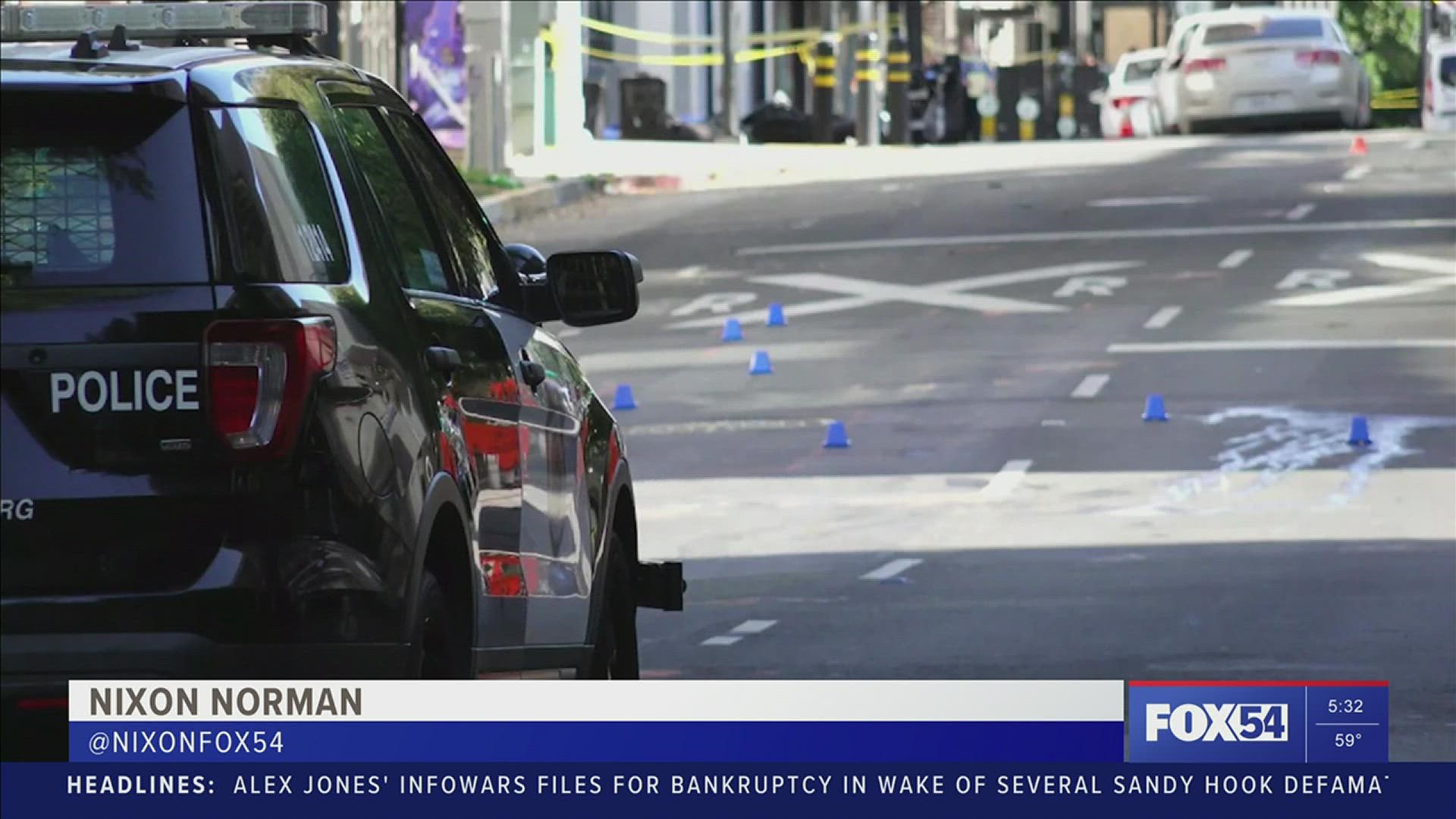HUNTSVILLE, Ala. — No matter how hard you try and protect your loved ones, particularly children from bad things happening to or around them, their lives will be touched in some way.
Instead of shielding children from the dangers, violence or tragedies around us, adults should talk to kids about what is happening.
According to the APA, one of the first steps is to guide the conversation. It's ok to practice in your head. This may make the discussion easier since you won't have to think about it off the top of your head.
You should also find a quiet moment. Perhaps this is after dinner or while making the next day's lunch. Find a time and place where your children can be the center of your attention.
Next, find out what they know. For example, if there was a shooting at a school or a bomb set off in another country, ask them "what have you heard about this?" And then listen to what they have to say.
You should also know that it's okay to share your feelings with your child. This allows them to see that even though upset, you can pull yourself together and continue on. Parents hear it often: be a role model. This applies to emotions, too.
After this, tell the truth. Layout the facts at a level they can understand. You do not need to give graphic details.
Lastly, above all, reassure your child. At the end of the conversation, reassure them that you will do everything you know how to do to keep them safe and to watch out for them. Reassure them that you will be available to answer any questions or talk about this topic again in the future.
According to the Substance Abuse and Mental Health Services Administration, these violent acts typically target defenseless citizens with the intent to harm or kill.
They can instill feelings of confusion, fear, and helplessness in survivors. Incidents of mass violence disturb our collective sense of order and safety, and may even impact those with no personal connections to the event.
People at risk for emotional distress due to the effects of mass violence include survivors, friends and loved ones, first responders, recovery workers and community members.
Some of the signs of emotional distress in these victims are: feeling numb or like nothing matters, feeling helpless or hopeless, worrying a lot of the time; feeling guilty but not sure why, feeling like you have to keep busy, excessive smoking, drinking, or using drugs (including prescription medication).
Symptoms of distress may appear before, during, and after such an event and may manifest in the hours, days, weeks, months, or even years after they occur.
If you or someone you know shows any of these symptoms for two weeks or more, whether you know they are in relation to an incident of mass violence or not...
Call or text the disaster distress helpline at 1-800-985-5990 for support and counseling.

